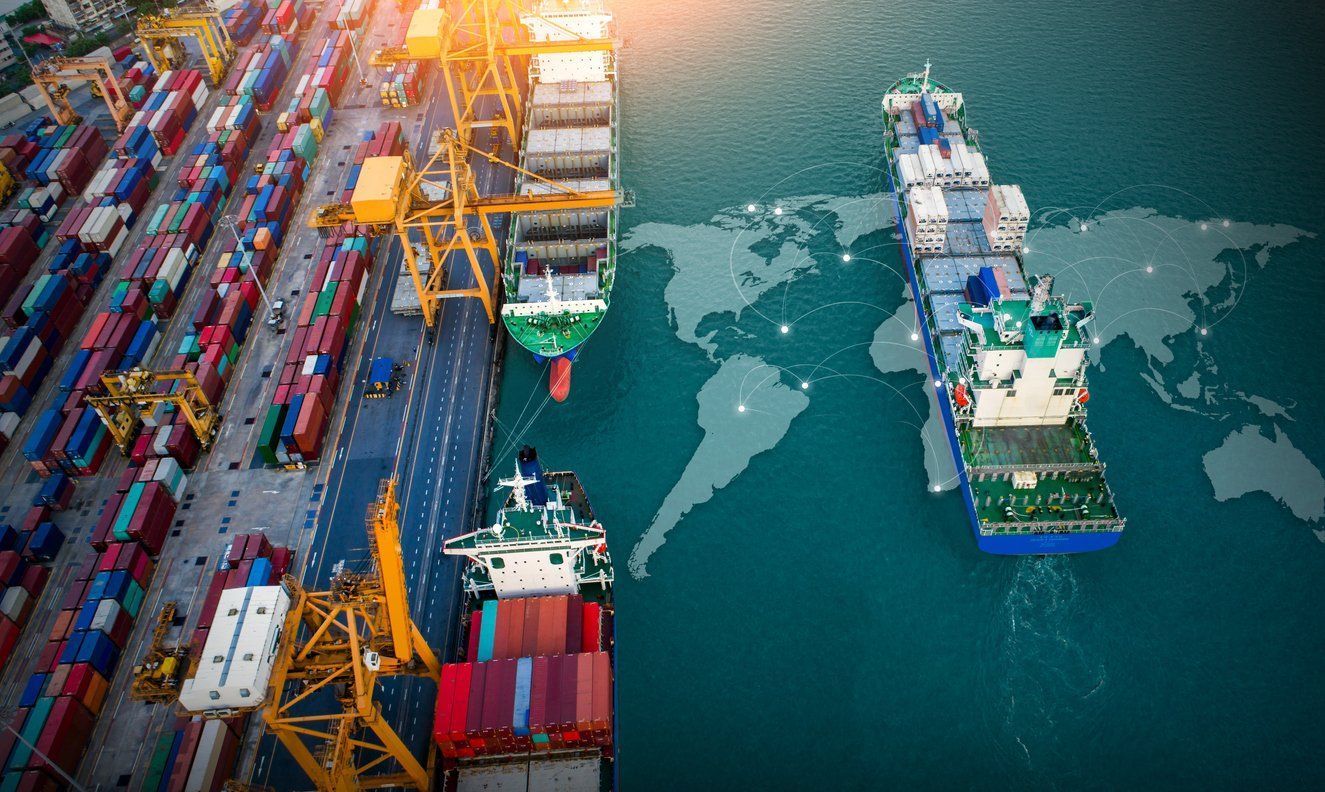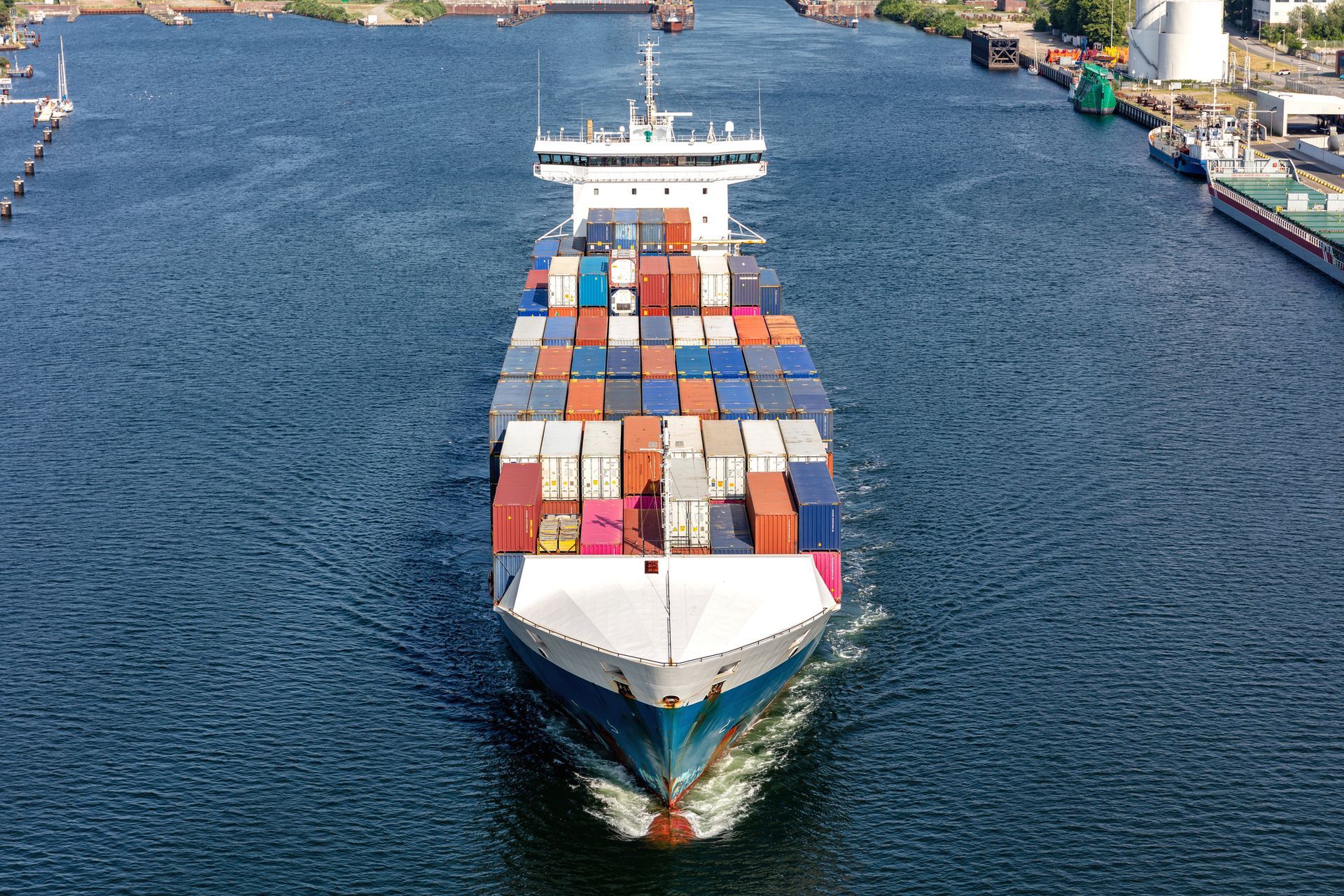
Have you ever wondered how responsibilities are defined in an international trade transaction? Who takes care of the transportation of the goods, the costs and the insurance? The answer is simpler than it seems and is encapsulated in a concept called “Incoterms”.
In this article, we will focus specifically on the FOB (Free on Board) Incoterm, a frequently used rule that has significant impacts on global trade.
FOB (Free on board) what is it?
FOB, an abbreviation for “Free on Board”, is a term used in international trade, specifically within the set of rules known as Incoterms. It describes a transition point of specific obligations between the seller and the buyer.
When a deal is made under the Incoterm FOB, the seller’s liability ends at the moment the goods cross the ship’s rail at the designated port of shipment. Essentially, the seller has fulfilled his role once the goods have been loaded on board the ship.
From that moment on, all charges, risks and possible losses related to the goods become the buyer’s responsibility.
FOB is applicable to different types of water transport, including sea, river and lake transport. The official delivery of the goods occurs at the moment they cross the ship’s side, as indicated by the buyer. After this stage, all expenses and responsibilities related to the goods are transferred to the buyer.
Incoterms categories
Incoterms, an acronym for "International Commercial Terms", or, in Portuguese, "Termos Internacionais de Comércio", represent a set of rules that guide international commercial transactions.
Through these terms, responsibilities, such as freight payment, the point of delivery of the goods and who should arrange insurance, are clearly defined and standardized.
The list of Incoterms includes:
1. EXW (Ex Works): In this term, the seller makes the goods available to the buyer at the agreed location (which may be its own establishment or a warehouse, for example), assuming the minimum possible responsibility for the goods.
2. FCA (Free Carrier): Here, the seller is responsible for the goods until they are delivered to the carrier determined by the buyer.
3. FAS (Free Alongside Ship): In this case, the seller must deliver the goods alongside the ship indicated by the buyer, at the designated port of shipment.
4. FOB (Free On Board): The seller fulfills its obligation by placing the goods on board the ship at the port of shipment.
5. CFR (Cost And Freight): Here, the seller is responsible for paying the costs and freight required to take the goods to the port of destination.
6. CIF (Cost, Insurance And Freight): Similar to CFR, but the seller must also arrange insurance.
7. CPT (Carriage Paid To): The seller pays the freight to take the goods to the destination chosen by the buyer.
8. CIP (Carriage And Insurance Paid To): Similar to CPT, but the seller must also arrange insurance against the risk of loss or damage to the goods.
9. DPU (Delivered at Place Unloaded, formerly DAT): The seller delivers the goods to the agreed place of destination to the buyer.
10. DAP (Delivered at Place): The goods are considered delivered when made available to the buyer at the named place of destination.
11. DDP (Delivered Duty Paid): The seller delivers the goods to the buyer, cleared for import at the named place of destination.
Incoterms Group F
Group F of the Incoterms consists of rules that determine that the seller is responsible for costs, risks and insurance up to the point at which the goods are delivered for export. This group is made up of three distinct Incoterms: FCA, FAS and FOB.
FCA (Free Carrier) obliges the seller to forward the goods to the designated carrier, assuming responsibility for customs clearance. The seller's obligation ends when the goods are delivered for export.
FAS (Free Alongside Ship) stipulates that the goods must be positioned by the seller alongside the ship at the named port of shipment. Recently, with the update of the Incoterms, the task of clearing the goods became the seller's responsibility, whereas in previous versions, such responsibility fell on the buyer.
Finally, FOB (Free on Board) determines that the seller must place the goods on board the ship indicated by the buyer at the designated port of shipment, in addition to complying with all export formalities.
In this case, the buyer is responsible for paying the freight and all expenses related to the removal of the goods.
It is worth noting that, among the three Incoterms in Group F, only FOB and FAS apply to waterway transport operations. In contrast, the Incoterm FCA covers all modes of transport, offering greater flexibility in this regard.
FOB Incoterm in International Trade
The FOB Incoterm has gained notoriety in international trade for offering simplicity and efficiency for both parties involved in the transaction. The popularity of FOB is largely due to the ease it provides for both the seller and the buyer.
Under this term, the seller is responsible for delivering the goods on board the vessel designated by the buyer, which considerably simplifies the receipt process for the latter. All export formalities are taken care of by the seller, making the transaction more agile and less bureaucratic for the buyer.
Additionally, the FOB Incoterm allows for a certain degree of flexibility during negotiations. Both parties can reach more efficient agreements on the sale, shipment and receipt of the goods, which can lead to a reduction in customs clearance bureaucracy.
In short, FOB serves as a valuable tool in international trade, facilitating and streamlining commercial transactions.
Responsibilities in Incoterm FOB
The FOB Incoterm establishes a specific distribution of responsibilities between the seller and the buyer, depending on the location of the goods.
In the country of origin, the seller is responsible for most of the responsibilities. This includes packaging and identification of the goods, initial loading, transportation within the country of origin, national insurance, export duties and storage.
In addition, the seller takes care of customs paperwork at origin and shipping costs, as well as stevedoring. The responsibility for inspection and appraisal of the goods is shared between the seller and the buyer.
When the goods are in transit between the country of origin and the country of destination, the buyer assumes responsibility for international transportation and insurance.
In the country of destination, all obligations and costs pass to the buyer. This includes:
- handling of goods
- storage
- customs bureaucracy
- import duties
- transport within the destination country
- national insurance
- unloading of goods.
It is crucial to remember that the FOB Incoterm has international scope and, like the other 11 Incoterms, when incorporated into purchase and sale contracts, it acquires legal force.
This ensures a precise and determined legal interpretation, providing clarity and security for both parties involved in the commercial transaction.
Conclusion
In short, a proper understanding of the FOB Incoterm is crucial to a successful international trade transaction. Specifically, when working with an NVOCC for ocean freight quotes, it is imperative to define the correct Incoterms for the shipment.
This accuracy ensures that the quote is accurate, without unexpected additional costs or underestimated expenses, which could result in financial losses.
Therefore, whether you are a seller or a buyer, understanding the role of FOB in international trade is an absolute must.
With this information in hand, you will be equipped to negotiate efficiently, avoid unwanted surprises, and ensure a successful international trade transaction.
Continue a navegar no blog da Allink

Mantenha-se informado sobre o comércio exterior
Assine nossa newsletter e receba atualizações semanais de forma gratuita sobre o mundo da logística.




